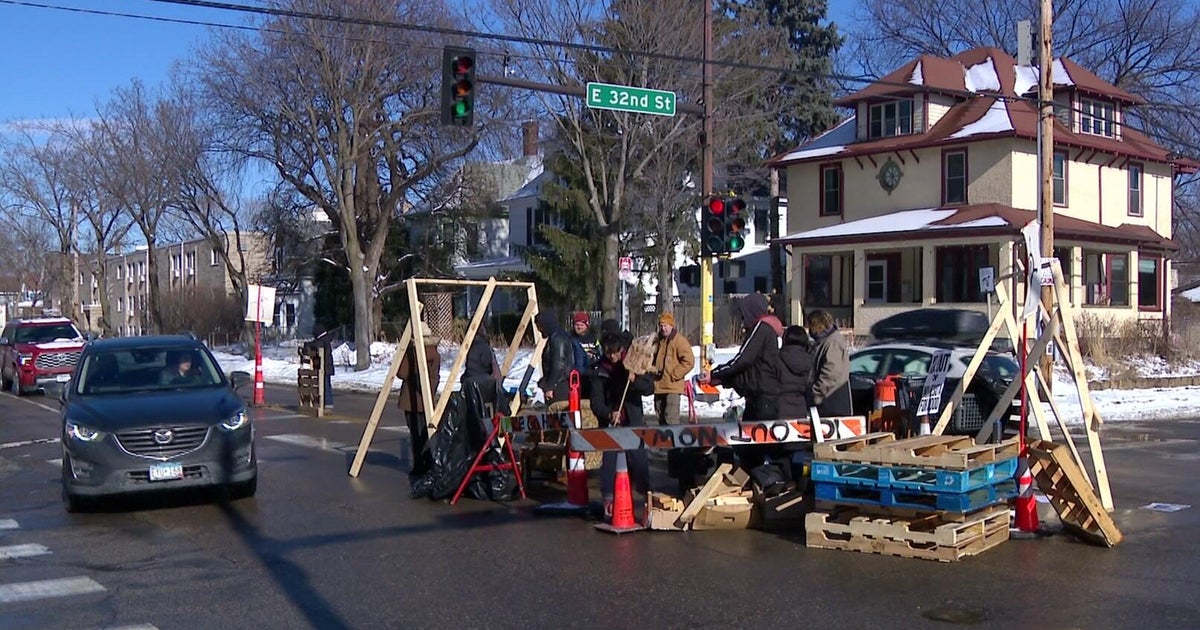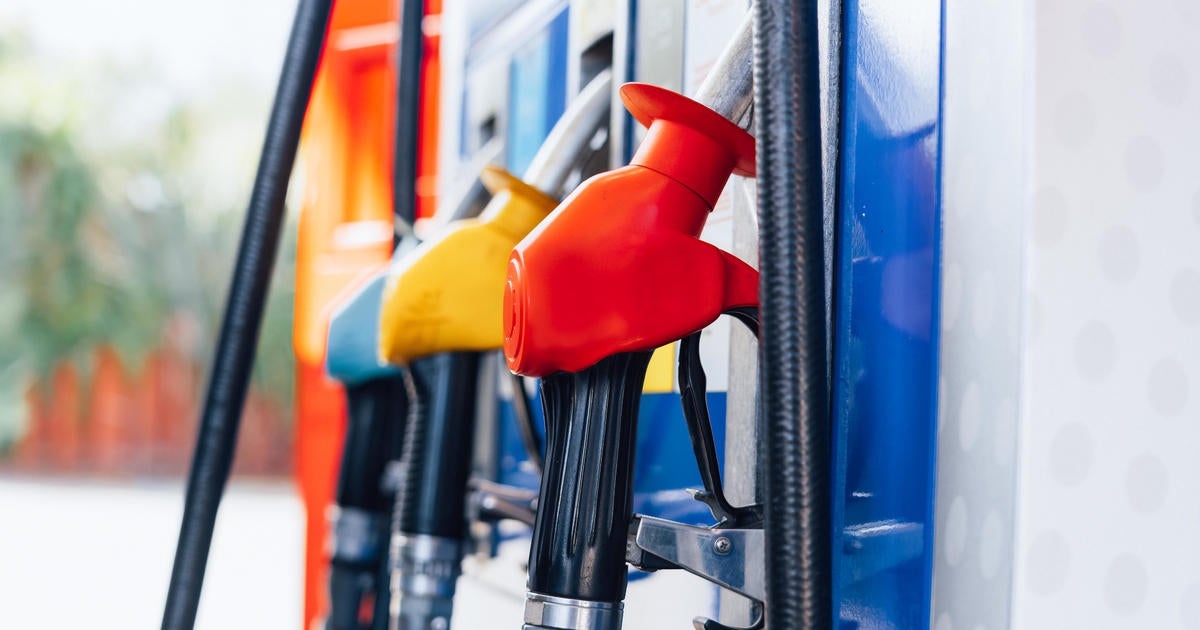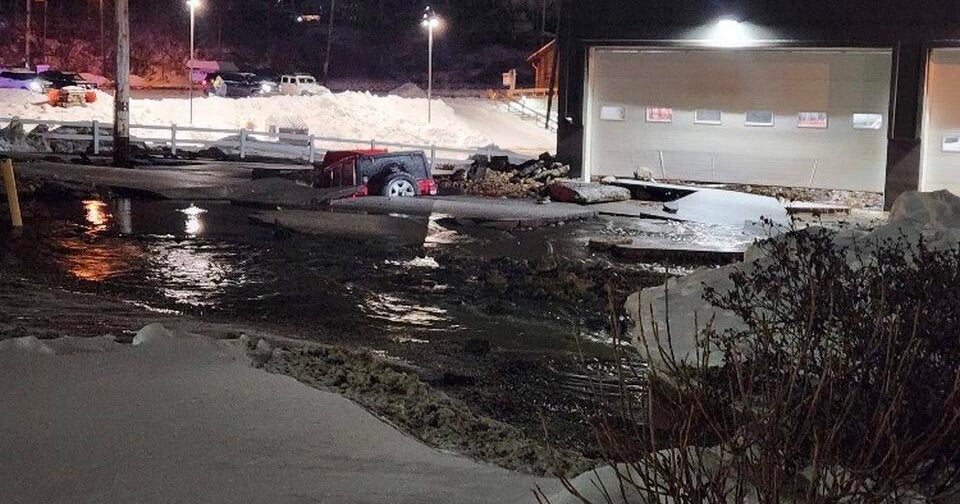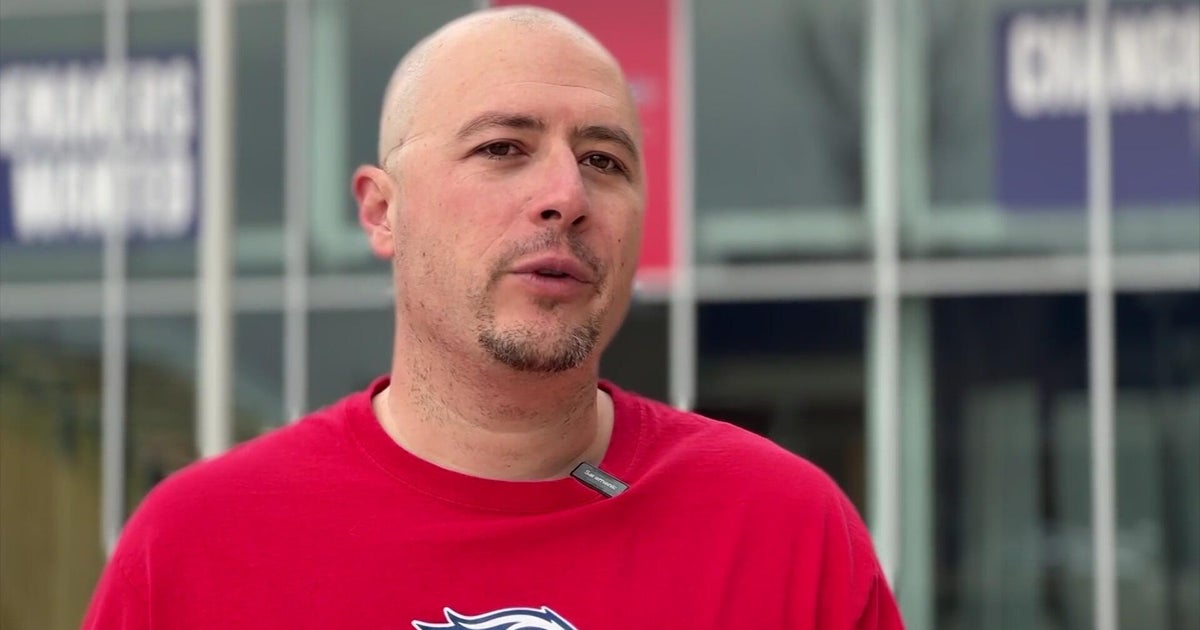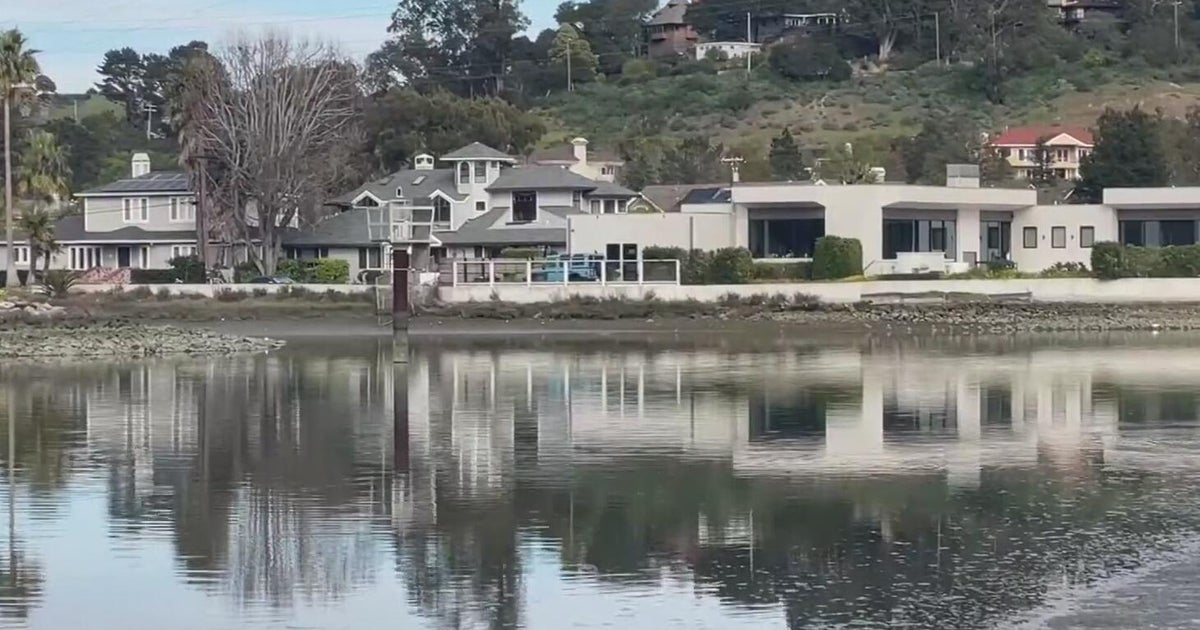Are Consumers Protected Against Price Gouging?
MINNEAPOLIS (WCCO) -- The complaints have been all over Twitter.
A $3,000 plane ticket out of Miami, a $42 case of water in Texas and gasoline as high as $10 a gallon in some places in Florida.
Price gouging, especially during emergency situations, is infuriating to most everyone who sees it. But, it's also difficult to define.
"There is no definition of price gouging," said Jeanne Boeh, a professor of economics at Augsburg University. "People think of it, it's an emotional term. They're angry, so price gouging typically is anything that's above the normal price, what they're accustomed to paying."
Thirty-four states have price gouging laws that generally come into play during cases of emergency and applies to necessary items like food, gas, water and medicine.
Minnesota does not, but Texas law defines price gouging as "exorbitant or excessive prices."
Florida's law says it must "grossly exceed(s) the average price charged over the 30-day period prior to the declared state of emergency."
Fines for price gouging can be in the tens of thousands of dollars.
"It's often hard to prove, whether it's price gouging or you're just responding to the supply chain," Boeh said.
Some economists have argued price gouging helps to prevent hoarding, because people will be more likely to buy only what they need when prices are higher.
Boeh says the bigger issue is supply.
"Say the replacements cost $2 and they can only charge $1 or else they'll be price gouging," she said. "They're just not going to get it. So that's the issue. You may not have any supply."
Price gouging generally implies there is some sort of market power in an emergency situation. So, higher prices for high-demand concert tickets or eclipse glasses aren't generally defined as price gouging.
"That's the other emotional part of it. So you go to a sports game. Nobody's forcing you to buy the hot dogs," Boeh said.
Airlines ultimately decided to cap their prices after negative media attention on higher-priced tickets.
Best Buy also apologized for its $42 case of water.
"There may be short-term gain from raising prices, but there's long-term goodwill they may be losing," Boeh said.
